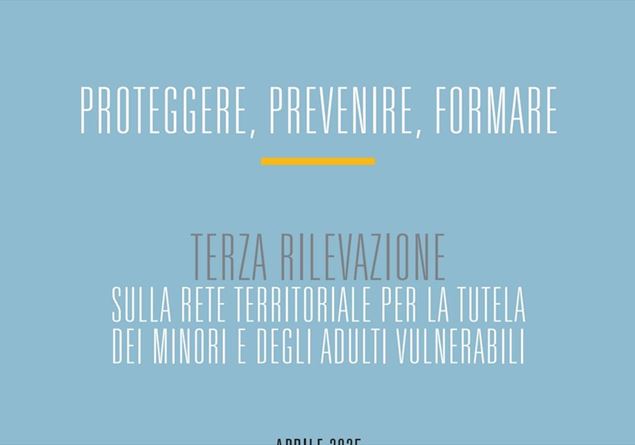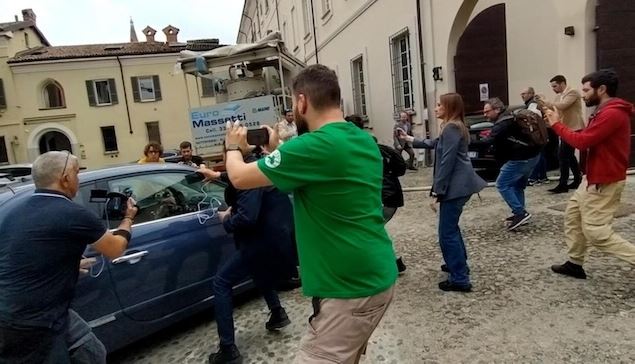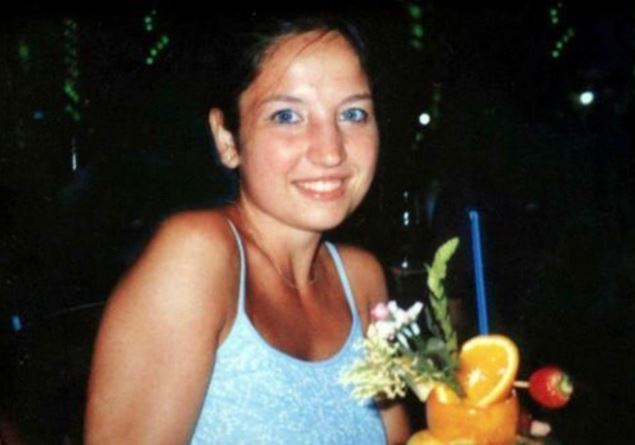On the Garlasco case, a definitive sentence at the moment is there and “it is from there that we have to start”, explains Gian Luigi Gatta, professor of criminal law at the State University of Milan. «It means that the judges considered, despite a circumstantial process, the guilt of stasis proven beyond any reasonable doubt. The only way to question the final judgment, now, would be a revision process: it is a tool that works in exceptional cases, possible only when they emerge – also thanks to scientific progress – new evidence that, only or united to those already evaluated, show that the condemned must be acquitted. Or, in the event that another final sentence is reached whose outcome is incompatible with that against Alberto Stasi. A revision process can also intervene entirely obvious. At the moment, according to rumors, in Pavia there would be investigation on a hypothesis of competition in murder: it would be a parallel investigation to understand if in the same case there may be other people involved “.
The bewildered public opinion is asked: why now?
«Attempts to start a revision process have been made without success in the past, by the defense of Stasi. Now the prosecutor of Pavia has moved, who is evaluating possible responsibilities of other people. If the prosecutor has activated, we must believe that it is in possession of new elements deemed worthy of study. You have to trust and respect for the work of the investigators. The media clamor does not help and should not be fed. The stake is high: there is a victim, there are his family members, there is a sentenced person who has been serving his sentence in prison for years, there are new suspects. It is not a fiction of the crime genre, of those that are seen on TV: it is the life of people in flesh and blood and everyone’s approach should be marked by moderation. The processes are not done in television studies or newspapers. Today everyone thinks they are experts in criminal justice, fingerprints, crime and scientific test scene: a bit like with bar chat on a football match, where you are divided between supporters of one or the other team. Here, for the love of the civilization of law and justice, we must avoid this drift, although the affair interests everyone, and it could not be like this ».
How high is the risk that the citizen lose confidence?
“The risk is there and the distrust in justice, in the judiciary and in the police must not be fed, which is a precious asset, to be defended. Unfortunately, however hard it is to be accepted when it comes to a criminal conviction, the judicial or investigative error is possible and unavoidable. How the medical error is. However, it should not be forgotten that the law provides for forms of controlling the correctness or otherwise of the decisions, through multiple degrees of judgment, and also an exceptional remedy such as the review, which allows you to revoke even the most serious sentences of conviction. There is also repair for unjust detention, although a pecuniary repair will never compensate for years of life in prison. We must try to improve the quality of justice by reducing the percentage of errors, assuming that there are in the Garlasco affair. And we must preserve the value of humanity of the penalty and justice: where that value is lost, as in the countries that practice the death penalty, it is no longer possible to repair judicial errors. Returning to Garlasco, new and decisive tests emerge from the new investigations. If so the sentence will be questioned. Otherwise it will not be. What is certain is that, I repeat, we are not watching a film but a complex story, the subject of technical and scientific evaluations. Curiosity must not become morbidity ».
It is difficult to keep the secret when lawyers of different people, as in this case, have the interest in supporting opposing hypotheses and to give them visibility in the media (which are not prayed). What would suggest to a listener reader?
“Meanwhile, however paradoxical it may seem, not to forget that we are still in the secret phase of the investigations and that those who come out are rumors, sometimes functional to the needs of one or the other part involved. To my students of the course of criminal law at the Milan Statale, also intrigued by the case even if at the time they were small children, I repeat that those who will one day be magistrate will have to learn to evaluate and make decisions without being influenced by the media process and who will become a lawyer will have to do the best interest of their client, also avoiding the spotlight and media exposure. Especially since the advent of social networks, which at the time was not there, now aging the news in a very short time and the media process is continually asked for new nutrition, increasing the noise around “.
Minister Nordio, about noise around, said on TV that it is “unreasonable” that a person can be condemned after two absolute sentences. Do you share?
«A system that allows a control of the correctness of the decisions is in my opinion always preferable to a system that does not allow this control. It may be that an acquittal, even double, is overturned in a sentence, as in the case of Garlasco, but it may also be the opposite. The reasonable doubt that brought a judge to acquittal can be re -evaluated and exceeded by the next judge. Those who condemn is not necessarily wrong and those who absolve it is right. We let justice do its course, with serenity and professionalism. It looks like a phrase made, but that’s what we must wish us in the interest of all the people involved “.










